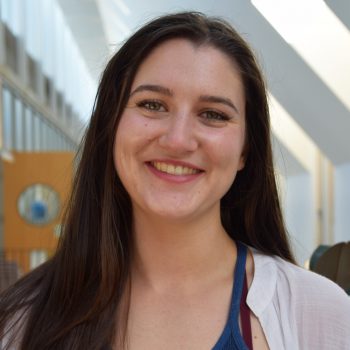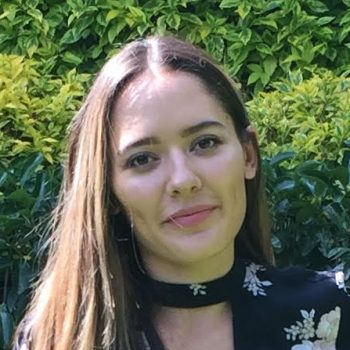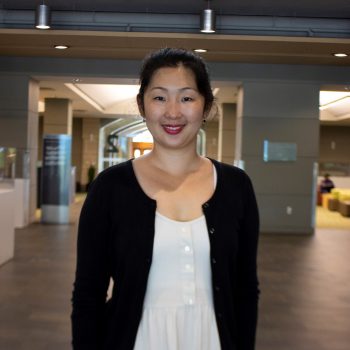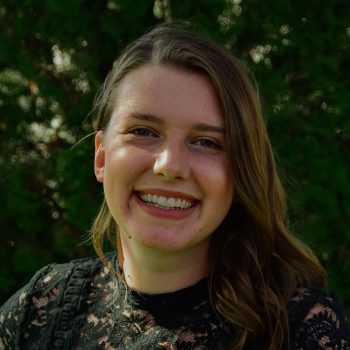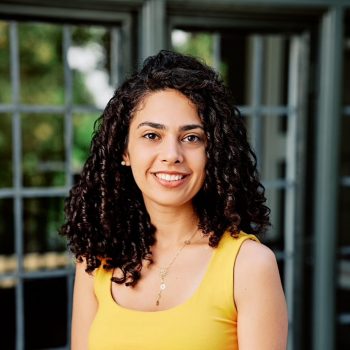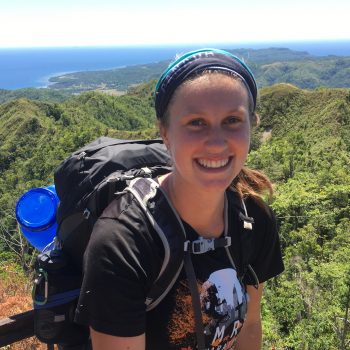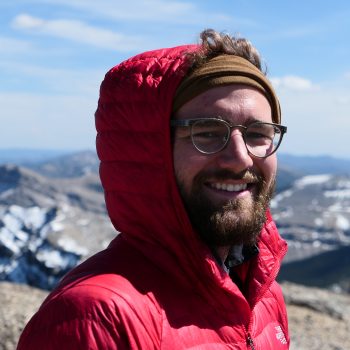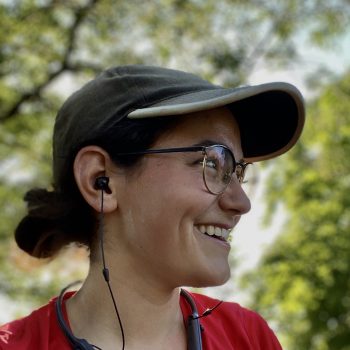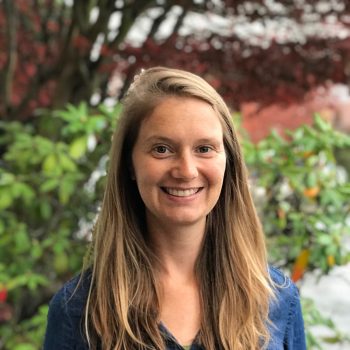Bio
Anna Santo is a PhD student at the Institute for Resource, Environment and Sustainability (UBC). She is supervised by Professor Kai Chan. She is interested in the social dimensions of ecosystem rewilding and climate change mitigation.
Anna received her B.A. in biology and environmental studies at Oberlin College and her M.Sc. in Human Dimensions of Environmental Conservation from Virginia Tech. She has since worked as an applied social science researcher for Virginia Tech’s Conservation Social Science Lab, Advanced Conservation Strategies, and the University of Oregon’s Institute for a Sustainable Environment. Her work has included:
- understanding private ranchers’ attitudes toward exotic, invasive beavers in the Tierra del Fuego region of Chile and Argentina
- exploring strategies for expanding a volunteer community bird monitoring network in Mexico
- understanding participation and nonparticipation in private lands conservation programs for endangered species in the U.S.
- social and economic monitoring of forest management policies in Alaska and the Pacific Northwest
- understanding strategies for increasing the use of prescribed burning across the U.S. West
Anna grew up in Minnesota and now considers Washington State to be home. She loves gardening, tending to her chickens, paddling the Salish Sea, and exploring the North Cascades mountains.
Featured Publications
Link to Google Scholar page
Santo, A. R., Donlan, C. J., Hagen, C. A., Luque, G. M., & Sorice, M. G. (2020). Characteristics and motivations of participants and nonparticipants in an at-risk species conservation program. Human Dimensions of Wildlife. https://doi.org/10.1080/10871209.2020.1817631
Abrams, J., Huber-Stearns, H., Gosnell, H., Santo, A., Duffey, S., & Moseley, C. (2020). Tracking a Governance Transition: Identifying and Measuring Indicators of Social Forestry on the Willamette National Forest. Society and Natural Resources, 33(4), 504–523. https://doi.org/10.1080/08941920.2019.1605434
Santo, A. R., Guillozet, K., Sorice, M. G., Baird, T. D., Gray, S., Donlan, C. J., & Anderson, C. B. (2017). Examining Private Landowners’ Knowledge Systems for an Invasive Species. Human Ecology, 45(4), 449–462. https://doi.org/10.1007/s10745-017-9920-7
Santo, A. R., Sorice, M. G., Donlan, C. J., Franck, C. T., & Anderson, C. B. (2015). A human-centered approach to designing invasive species eradication programs on human-inhabited islands. Global Environmental Change, 35, 289–298. https://doi.org/10.1016/j.gloenvcha.2015.09.012
